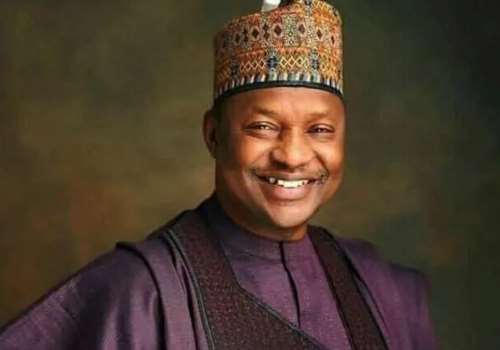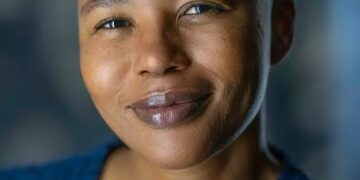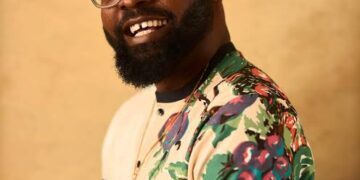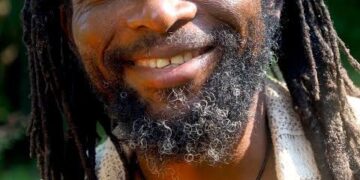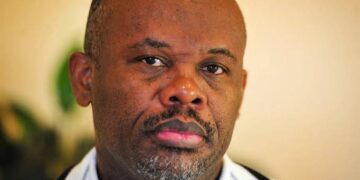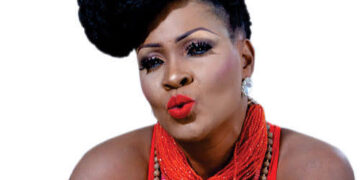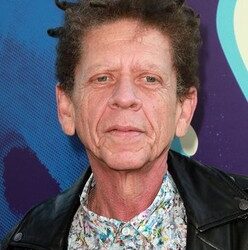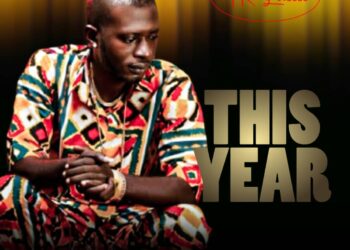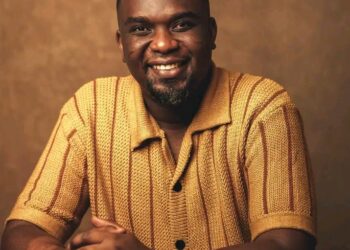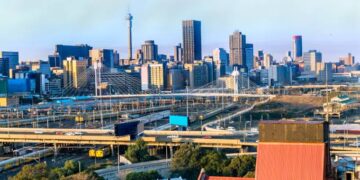Abubakar Malami SAN is recognized as one of Nigeria’s most prominent and debated legal personalities of recent times. Serving as the Attorney-General of the Federation and Minister of Justice from 2015 to 2023 under President Muhammadu Buhari, his tenure was characterized by notable legal reforms, involvement in major cases, and a series of controversies that continue to influence Nigeria’s judicial discourse.
Profile Summary
| Full Name | Abubakar Malami CON SAN |
| Date of Birth | 17 April 1967 |
| Place of Birth | Birnin Kebbi, Kebbi State, Nigeria |
| Nationality | Nigerian |
| State of Origin | Kebbi State |
| Wives | Four (including Nana Hadiza Buhari, Fatima, Aisha Abubakar Malami, and Hajiya Rakiya Bashir) |
| Children | Multiple (including sons Abdulaziz Malami and Abiru-Rahman Abubakar Malami) |
| Occupations | Lawyer, Politician, Attorney-General of the Federation (2015–2023), Minister of Justice |
| Net Worth | Estimated around $100 million |
Early Life and Education
Abubakar Malami was born on April 17, 1967, in Birnin Kebbi, Kebbi State, into a family with a strong Islamic legal background.
He attended Nassarawa Primary School and the College of Arts and Arabic Studies in Sokoto, where he received a blend of Islamic and Western education.
Malami earned his law degree from Usmanu Danfodiyo University in 1991 and was called to the Nigerian Bar in 1992. He later completed a Master’s degree in Public Administration at the University of Maiduguri, preparing him for a career in public service.
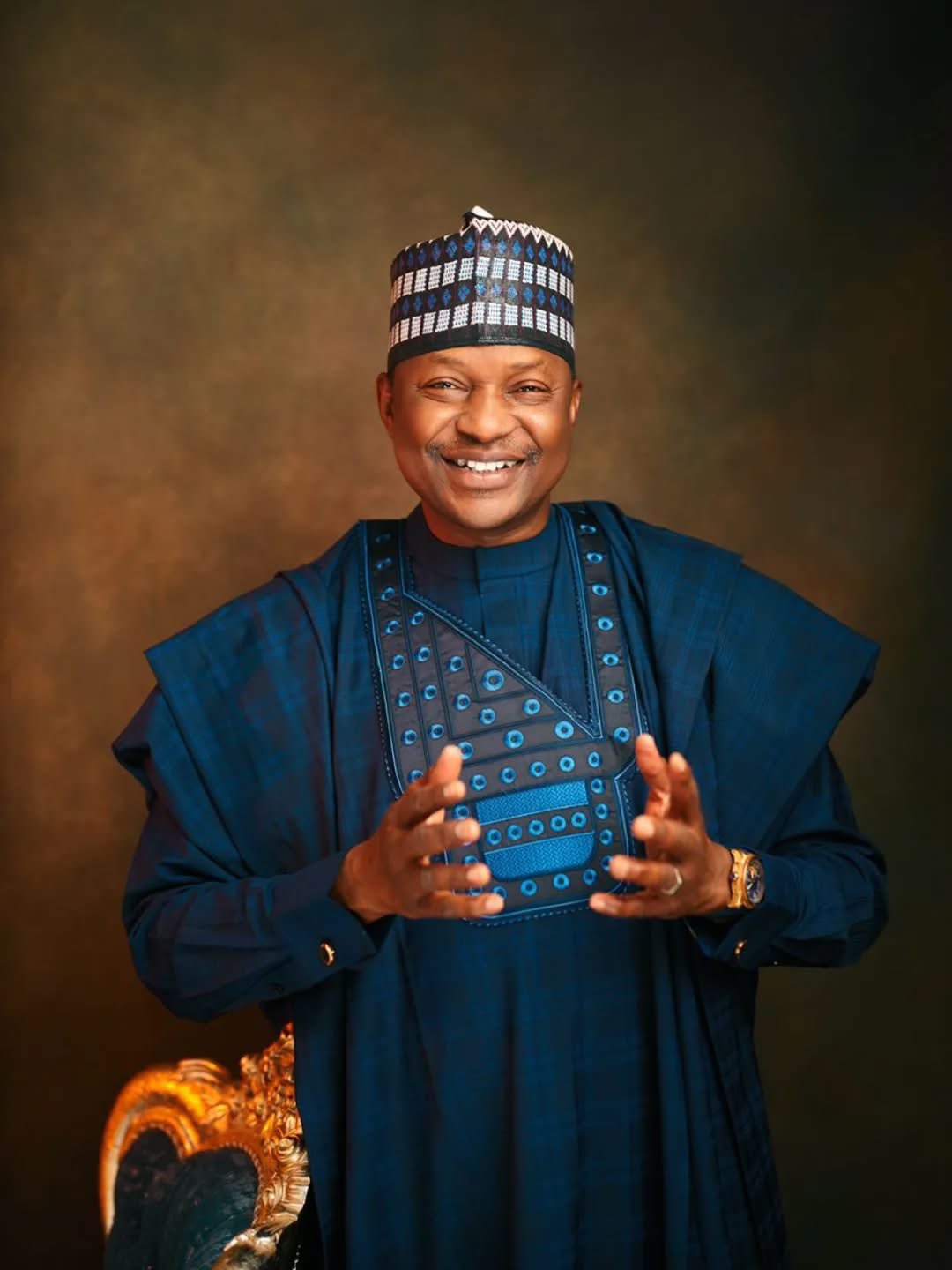
Early Life and Education
Following his call to the Bar, Malami served in various legal roles within Kebbi State, including state counsel and magistrate, gaining firsthand experience with Nigeria’s justice system.
He also held positions such as National Publicity Secretary of the Muslim Lawyers Forum of Nigeria (2002–2004) and contributed to election tribunals, reflecting his growing influence.
In 2008, Malami was honored with the rank of Senior Advocate of Nigeria (SAN), a prestigious title awarded to lawyers demonstrating exceptional skill and contributions to the legal profession.
At 48, he became one of the youngest to hold this distinction upon his appointment as Attorney-General.
Political Career and Government Service
Malami played a key role in the formation of the All Progressives Congress (APC) in 2013, serving as a resource person for the party’s manifesto drafting committee.
He initially sought the APC governorship ticket in Kebbi State in 2014 but withdrew in favor of Atiku Bugudu, showing political strategy and loyalty.
He was also involved in legal advisory roles for various political campaigns and election petitions, highlighting his blend of legal expertise and political engagement.
On November 11, 2015, President Buhari appointed Malami as Attorney-General and Minister of Justice, making him the youngest cabinet member at the time.
His reappointment in 2019 affirmed his significant role in shaping Nigeria’s justice system over eight years, making him one of the longest-serving Attorney-Generals in the country’s history.
In July 2025, Malami left the APC to join the African Democratic Congress (ADC), citing dissatisfaction with insecurity, nepotism, and economic challenges under the current administration.
His defection marked a significant political shift and underscored his critical stance toward the government.
Key Achievements and Reforms
- Malami championed the nationwide enforcement of the ACJA 2015, establishing monitoring committees and conducting extensive training for judicial officers and law enforcement personnel. His efforts expanded the law’s adoption from just three states to over thirty, streamlining criminal justice procedures and reducing case backlogs.
- He initiated oversight programs that empowered magistrates to inspect detention centers, leading to the release of thousands of unlawfully detained inmates and addressing overcrowding in correctional facilities.
- During the COVID-19 pandemic, Malami spearheaded the introduction of virtual court hearings, electronic case management systems, and justice resource centers across Nigeria, ensuring the continuity and modernization of legal processes.
Philanthropy
Malami is deeply involved in philanthropy through four major NGOs focused on poverty alleviation, education, and social welfare in northern Nigeria:
- Khadimiyya for Justice and Development Initiative
- Kadi Malami Foundation
- Aisha Abubakar Malami Center for Women Development (AAMCWD)
- Al-Iman Charity Foundation
His foundations run feeding programs, educational initiatives, and social support projects benefiting thousands, particularly in Kebbi State.
Personal Life
Malami practices polygamy, with four wives including Nana Hadiza, President Buhari’s daughter, whom he married in 2022.

His family is socially prominent, with his children also making headlines for their marriages and social engagements. His wives actively participate in charitable activities through their respective organizations.
Controversies
Malami’s tenure attracted multiple corruption allegations, including investigations by the Independent Corrupt Practices and other Related Offences Commission (ICPC) and the Economic and Financial Crimes Commission (EFCC).
Notably, he was scrutinized for distributing expensive vehicles to supporters and alleged interference in anti-corruption investigations.
Reports have highlighted Malami’s substantial wealth accumulation during his time in office, including luxury properties, hotels, schools, and expensive real estate across northern Nigeria.
While Malami maintains these assets were acquired legally through his business ventures predating his political career, the scale of his wealth has raised public concern.
His management of the costly P&ID arbitration case drew criticism from the company involved, which accused him of incompetence and dishonesty. Nonetheless, Malami secured several court rulings favorable to Nigeria, including the recovery of $200 million.
Abubakar Malami Net Worth
Though exact figures are undisclosed, Malami’s net worth is estimated to be substantial, possibly around $100 million, derived from diverse business interests including hospitality, agriculture, and legal practice.
He has publicly defended his wealth, asserting all assets were legally obtained prior to his ministerial appointment.

